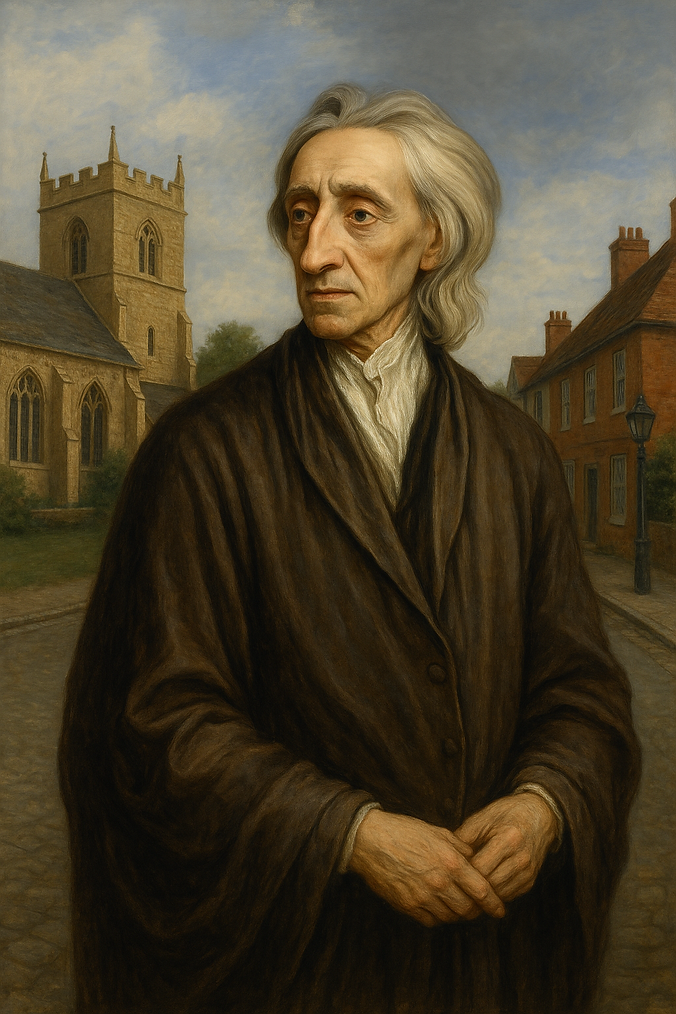
Experience the world of philosophy

John Locke
John Locke – The Father of Liberalism
Slide 1: Introduction
-
Name: John Locke
-
Born: 1632, England
-
Died: 1704
-
Occupation: Philosopher, physician, political thinker
-
Known as: The Father of Liberalism
Slide 2: Key Ideas
-
Natural Rights: Every person is born with rights to life, liberty, and property.
-
Government by Consent: Governments must be based on the agreement of the people.
-
Right to Revolt: If a government becomes tyrannical, citizens have the right to overthrow it.
-
Separation of Powers: Locke supported limiting government power through checks and balances.
Slide 3: Influence
-
Inspired the American Declaration of Independence (1776)
-
Influenced the French Revolution
-
Laid the foundation for modern democracy, human rights, and liberal thought
Slide 4: Legacy
-
Locke’s ideas are central to modern political philosophy.
-
He believed that reason, tolerance, and freedom were key to a just society.
-
His writings continue to be studied worldwide.
Quote:
“All mankind… being all equal and independent, no one ought to harm another in his life, health, liberty, or possessions.” — John Locke
QUOTES
Tabula Rasa
Tabula Rasa is a Latin phrase meaning “blank slate”, and it’s one of John Locke’s most important philosophical concepts.
🔹 Locke’s Definition of
Tabula Rasa
:
John Locke believed that the human mind at birth is a blank slate — tabula rasa — without any innate ideas. According to him:
“Let us suppose the mind to be, as we say, white paper, void of all characters, without any ideas…”
— An Essay Concerning Human Understanding (1690)
🔍 What This Means:
-
No one is born with knowledge.
-
All ideas and knowledge come from experience, through:
-
Sensation (from the outside world)
-
Reflection (from inner thoughts)
-
🧠 Why It Matters:
-
It challenged earlier thinkers like Descartes, who believed some ideas (like God or logic) were innate.
-
It laid the foundation for empiricism — the belief that knowledge comes from experience.
-
It supports modern views on education, psychology, and human development.

